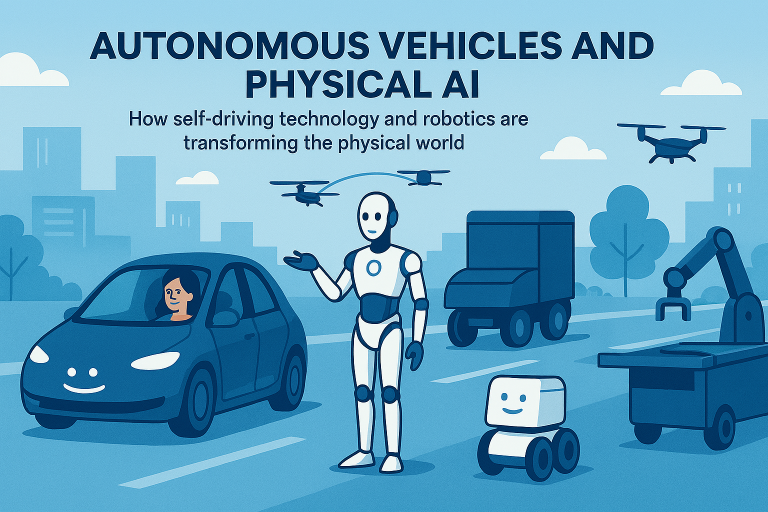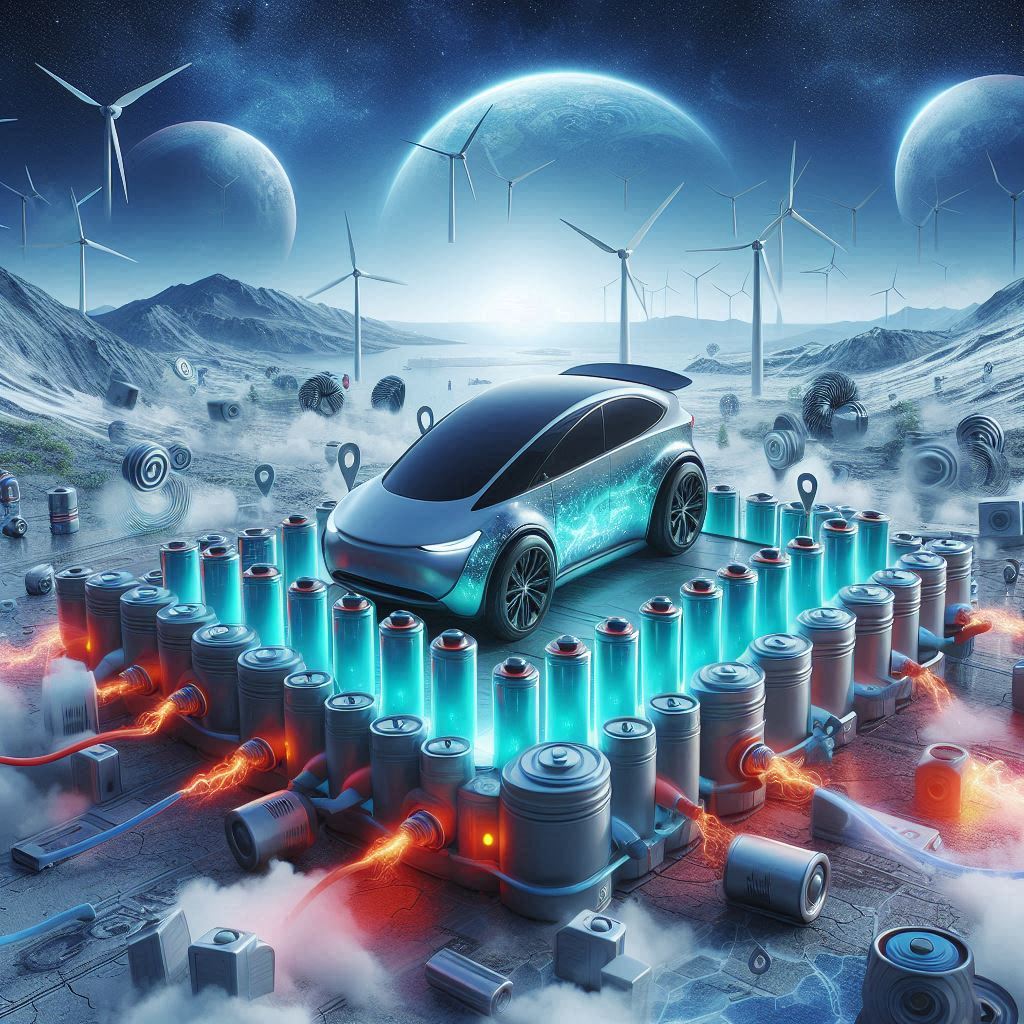
Why Solid-State Batteries Are the Key to Faster, Longer-Lasting EVs
Solid-state batteries are quickly becoming a game changer for electric vehicles (EVs). Unlike the traditional liquid-based lithium-ion batteries, solid-state batteries use a solid electrolyte, which makes them safer and more efficient. One of the biggest advantages is speed – these batteries can charge much faster than their liquid counterparts, allowing you to get back on the road without waiting for hours.

Additionally, solid-state batteries are more durable, meaning they can last longer. This is a huge plus for EV owners because it means fewer battery replacements over the vehicle’s lifetime. They also hold more energy, which results in longer driving ranges. Imagine driving hundreds of miles on a single charge without worrying about recharging constantly.
As technology improves, solid-state batteries will become more affordable and widely available, playing a crucial role in making electric vehicles faster, more reliable, and easier to use. This is why they’re so important for the future of EVs.
How New Battery Technology Is Making Electric Cars More Affordable
New battery technology, like solid-state batteries, is playing a big role in making electric cars more affordable. Traditional lithium-ion batteries, which have been used for years, are expensive and heavy. But solid-state batteries are lighter, more efficient, and cheaper to produce. This is because they use different materials and a simpler design, which reduces costs in manufacturing. With less expensive batteries, the overall price of electric vehicles (EVs) can drop, making them more accessible to everyday drivers.
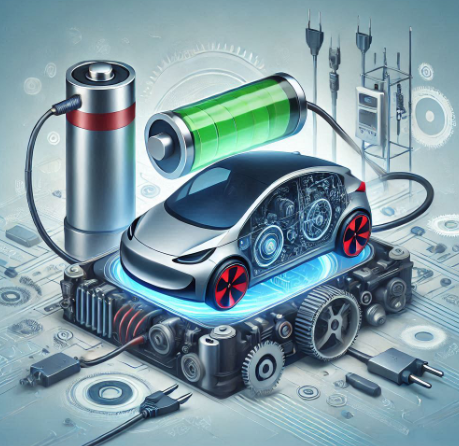
As solid-state batteries become more common, the price of EVs will continue to decrease. Not only that, but these batteries last longer and charge faster, giving drivers more value for their money. As more companies invest in this new technology and production scales up, we’ll see even lower prices and wider adoption of electric vehicles, helping to create a cleaner, more sustainable future for everyone.
What Makes Solid-State Batteries Safer for Your EV
Solid-state batteries are making electric vehicles (EVs) safer than ever before. Unlike traditional lithium-ion batteries, which use liquid electrolytes, solid-state batteries use a solid electrolyte. This key difference reduces the risk of fires and explosions, which can happen if the liquid in conventional batteries leaks or overheats. The solid electrolyte is more stable, making it less likely to catch fire, even in extreme conditions.
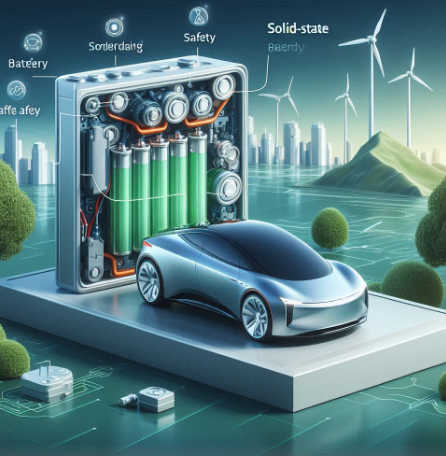
Additionally, solid-state batteries are less prone to damage from physical impact, which makes them safer in crashes. They also have a longer lifespan and can handle more charge cycles, meaning less chance of dangerous degradation over time.
With better heat resistance and a lower chance of malfunction, solid-state batteries are a big step forward in ensuring that EVs are not just more efficient, but also safer for everyday drivers. As this technology becomes more widespread, it will play a key role in boosting confidence in electric vehicles.
Solid-State Batteries: The Secret to Faster Charging for Electric Cars
Solid-state batteries are set to change the way electric cars charge, and it’s all about speed. Unlike traditional lithium-ion batteries, which rely on liquid electrolytes, solid-state batteries use a solid material to store and transfer energy.
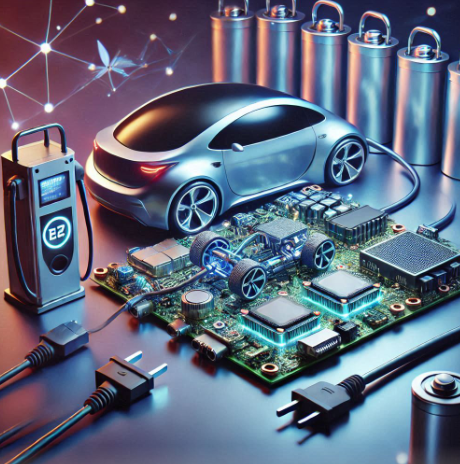
This difference makes them safer and more efficient. One of the biggest advantages is that solid-state batteries can charge much faster. In fact, they can potentially go from 0% to 80% charge in just 15 minutes or less, compared to the longer charging times of current batteries. This is a game-changer for electric car owners who currently deal with long charging times. With solid-state technology, drivers will spend less time waiting around and more time on the road. As automakers invest in this technology, we can expect faster, more convenient, and safer charging for electric vehicles, bringing us closer to a future where EVs are the go-to choice for everyone.
How Solid-State Batteries Are Helping EVs Go Further on a Single Charge
Solid-state batteries are a major breakthrough in the world of electric vehicles (EVs), and one of the biggest advantages they offer is the ability to help EVs go much further on a single charge. Unlike traditional lithium-ion batteries, solid-state batteries use a solid electrolyte instead of a liquid one, making them more efficient. This means they can store more energy in the same amount of space, allowing your car to travel longer distances without needing to recharge.
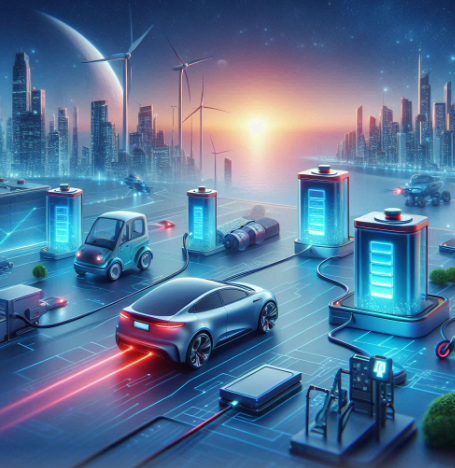
With better energy density, solid-state batteries can also improve the performance of EVs. They allow for faster acceleration and smoother driving, all while increasing the range. This is a huge deal for drivers who want to take longer trips without worrying about finding a charging station. As this technology continues to improve, we can expect even more range and efficiency, making EVs an even more attractive option for everyone.
The Environmental Benefits of Solid-State Batteries in Electric Vehicles
Solid-state batteries are a game changer for electric vehicles (EVs) and the environment. Unlike traditional lithium-ion batteries, solid-state batteries use a solid electrolyte instead of a liquid one, making them safer and more efficient. One of the biggest environmental benefits is that they can hold more energy and last longer, which means fewer battery replacements and less waste over time.

Solid-state batteries also have a higher energy density, allowing EVs to travel longer distances on a single charge. This helps reduce the need for frequent charging and lowers the overall carbon footprint. Additionally, the materials used in solid-state batteries are often more sustainable, with less reliance on rare metals like cobalt.
As these batteries become more common, they could help make electric cars even more eco-friendly, accelerating the shift away from fossil fuel-powered vehicles and contributing to cleaner air and a healthier planet.
Why Solid-State Batteries Are a Game Changer for the Future of EVs
Solid-state batteries are a game changer for the future of electric vehicles (EVs) because they solve many of the problems with today’s batteries. Unlike traditional lithium-ion batteries, solid-state batteries use a solid electrolyte instead of a liquid one. This makes them safer since there’s less risk of overheating or catching fire.
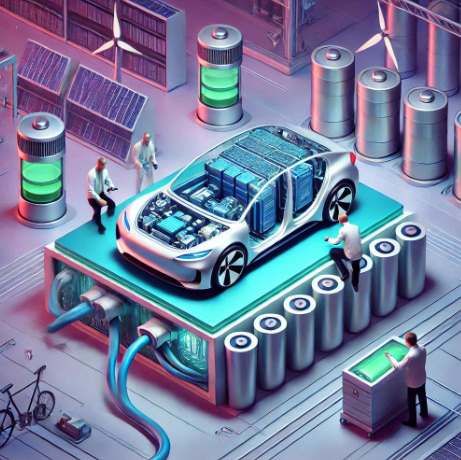
They also store more energy, meaning EVs can go much farther on a single charge. Plus, they charge much faster, so you won’t have to wait hours at a charging station. Another big advantage is their longer lifespan—these batteries wear out much slower, making EVs more reliable over time.
With solid-state technology, EVs will become more practical, affordable, and widely adopted. Automakers are investing heavily in this breakthrough, and we could see solid-state EVs on the roads within a few years. This innovation could make electric cars the true future of transportation.
How Solid-State Batteries Will Make EVs More Reliable and Durable
Electric vehicles (EVs) are the future, but one big challenge has been battery reliability and lifespan. That’s where solid-state batteries come in. Unlike traditional lithium-ion batteries, which use liquid electrolytes, solid-state batteries use a solid material. This simple change makes a huge difference.
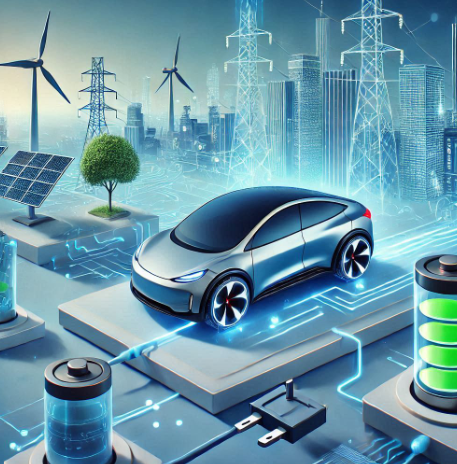
First, solid-state batteries last much longer. Over time, regular batteries lose their ability to hold a charge, but solid-state batteries degrade much more slowly. This means EV owners won’t have to worry about replacing their batteries as often.
Second, they are more durable. Liquid-based batteries can overheat, leak, or even catch fire. Solid-state batteries, on the other hand, are more stable and less likely to fail.
With these improvements, EVs will become even more dependable, reducing maintenance costs and increasing their lifespan. As this technology improves, we can expect more efficient, long-lasting electric cars that are safer and better for the environment.
The Impact of Solid-State Technology on Reducing EV Carbon Footprints
Electric vehicles (EVs) are already a great way to cut carbon emissions, but solid-state batteries take things even further. Unlike traditional lithium-ion batteries, solid-state batteries use a solid electrolyte instead of a liquid one. This makes them more energy-efficient, which means EVs can go longer distances on a single charge. With fewer charges needed, less electricity is used, reducing the demand on power plants—especially those that still rely on fossil fuels.

Additionally, solid-state batteries last much longer than traditional batteries, reducing waste and the need for frequent replacements. They also use fewer rare and toxic materials, making them more eco-friendly to produce and recycle. As automakers switch to this new technology, the overall carbon footprint of EVs will shrink even more. Solid-state batteries are a major step toward making electric cars truly sustainable, helping fight climate change while keeping transportation clean and efficient.
Solid-State Batteries: What’s Next for the Future of Electric Transportation
Solid-state batteries are set to change the future of electric vehicles (EVs) in a big way. Unlike traditional lithium-ion batteries, solid-state batteries use a solid electrolyte instead of a liquid one. This makes them safer, more efficient, and longer-lasting.

One of the biggest advantages is faster charging times. Imagine being able to charge your EV in minutes instead of hours! These batteries also have a higher energy density, meaning EVs can travel much farther on a single charge. Plus, they last longer, reducing the need for frequent replacements.
Major car companies and tech firms are investing heavily in this technology, and we could start seeing solid-state batteries in EVs within the next few years. While there are still challenges, like production costs, the future looks bright. As research continues, solid-state batteries could make EVs more practical, affordable, and accessible for everyone.

